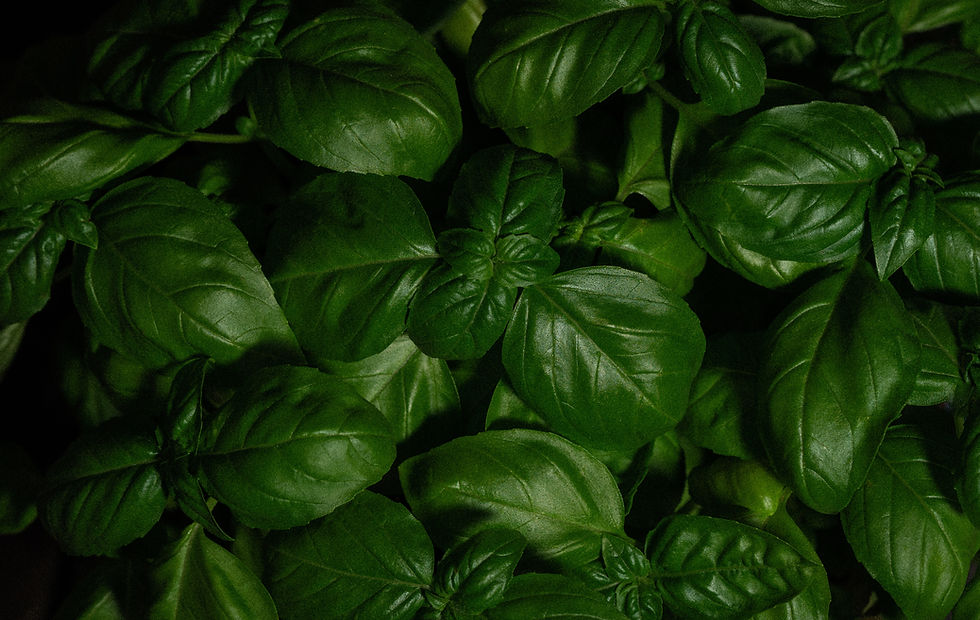Perpetual vegetables, the solution for lazy gardeners! 🦥
- Adrien Declaye
- Jun 9, 2023
- 1 min read
Do you want a vegetable garden but don't have much time to tend to it? Perpetual vegetables are the answer.
Perpetual vegetables, also known as perennials, are vegetable plants that can produce crops every year without needing to be replanted. Unlike annual vegetables, which have to be sown or planted every year, perpetual vegetables have a well-established root system that enables them to survive for several years.
Perpetual vegetables are valued for their durability and ability to provide a long-term food source with little effort. They are also good for the environment, as they reduce the amount of waste produced by gardens and annual crops.
Here's a list of 40 perennial vegetables to grow at home:
Perennial Vegetables
Mountain Ache
Agastache anisée
Bear's garlic
Garlic elephant
Artichoke, Fresh
Artichoke
Basil, Perpetual
Artichoke, Fresh
Cardoon
Perpetual celery
Chervil, musky
Chestnut
Lamb's-quarters
Chervis
Chervil, Fresh
Chinese cabbage
Cive Saint Jacques
Crambe maritime
Perennial garden cress
Crosnes
Tarragon
Perennial fennel
Tuberous glycine
Hyssop
Mauritanian mallow
Mint
Mertensia
Oca from Peru
Spinach sorrel
Parsley, tuberous
Perennial leek
Perennial leek
Winter purslane
Horseradish
Rhubarb
Perennial rocket
Wild thyme
Yellow nutsedge
Jerusalem artichoke
Tulbaghia violecea
2 points to bear in mind
Perennial vegetables tend to take up more space in the garden, as they need to be allowed to grow all year round. This can be a disadvantage for gardeners with limited space.
It should also be noted that perennial vegetables are less productive. Although perennial vegetables can produce crops every year, they often have lower productivity than annual vegetables. This means that gardeners may have to plant more plants to get a similar amount of harvest as annual vegetables.











Comments